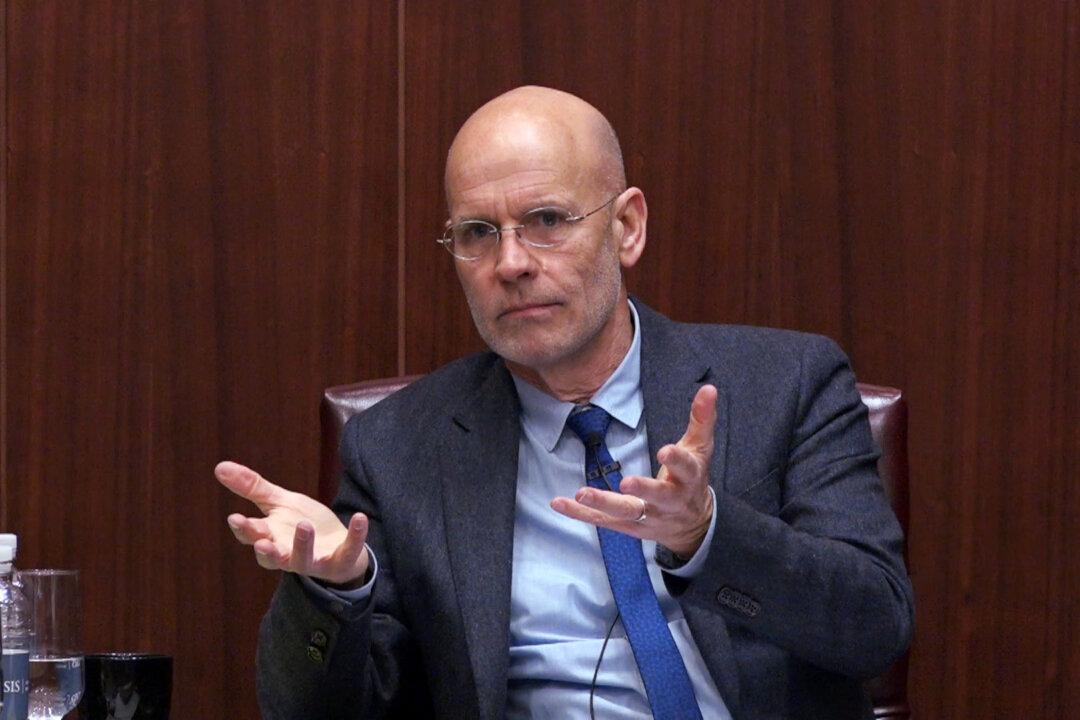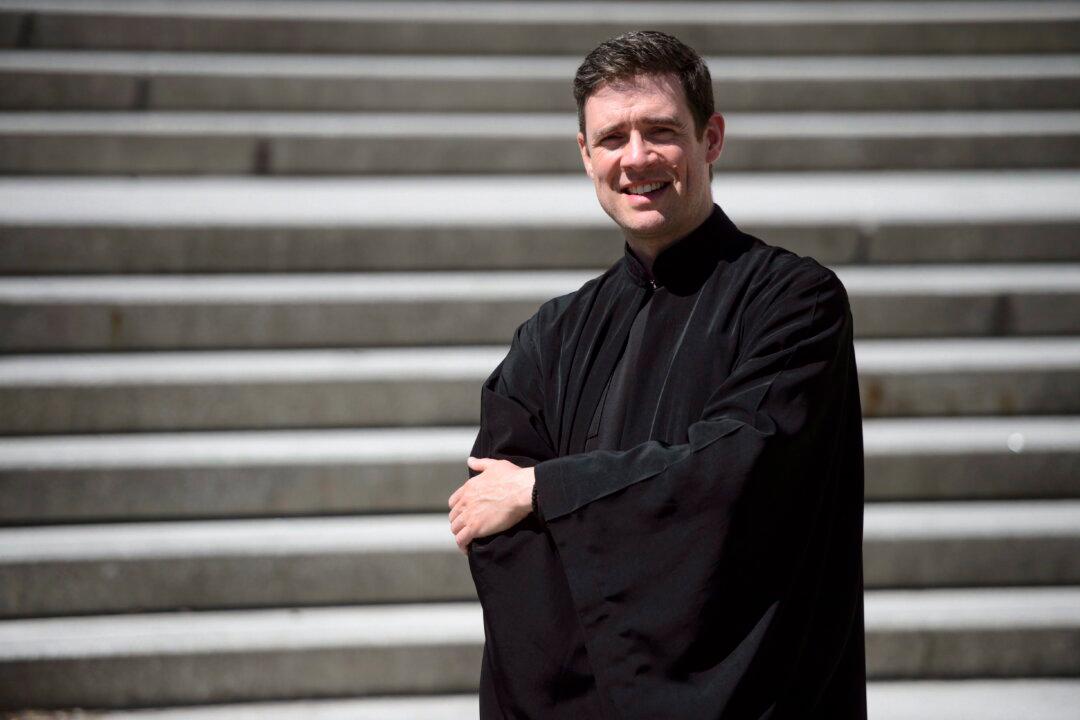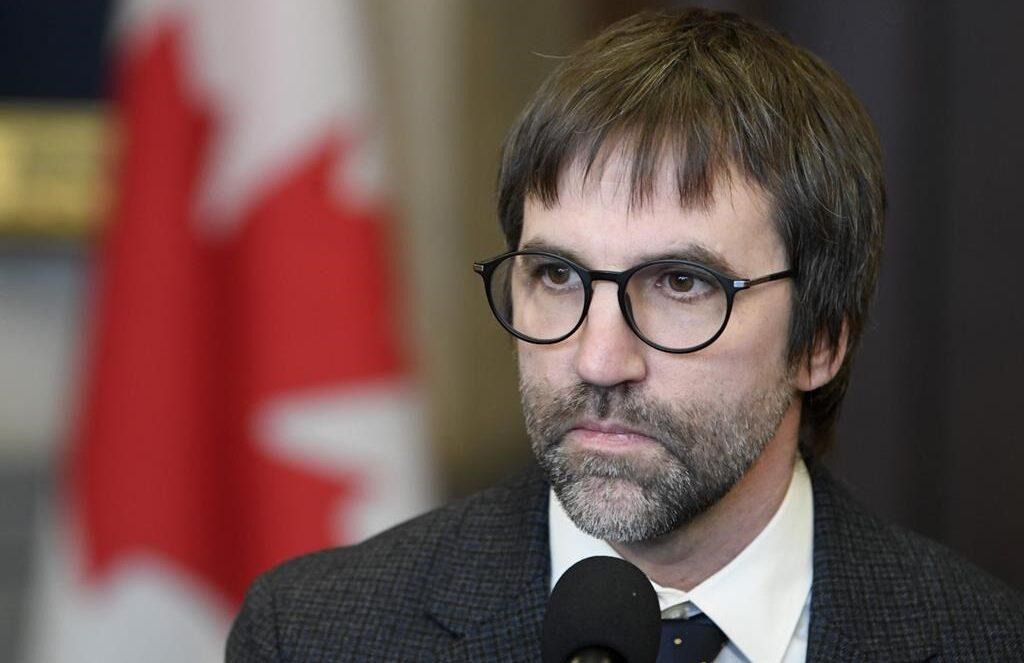Canada is particularly vulnerable to the Chinese Communist Party’s influence operations due to a “deep set of entanglements” formed after decades of courting the regime, says the author of a new book exposing China’s global program of influence and subversion.
Australian author Clive Hamilton made the comments at the launch of “Hidden Hand: Exposing How the Chinese Communist Party is Reshaping the World,” which he co-wrote with Mareike Ohlberg.





